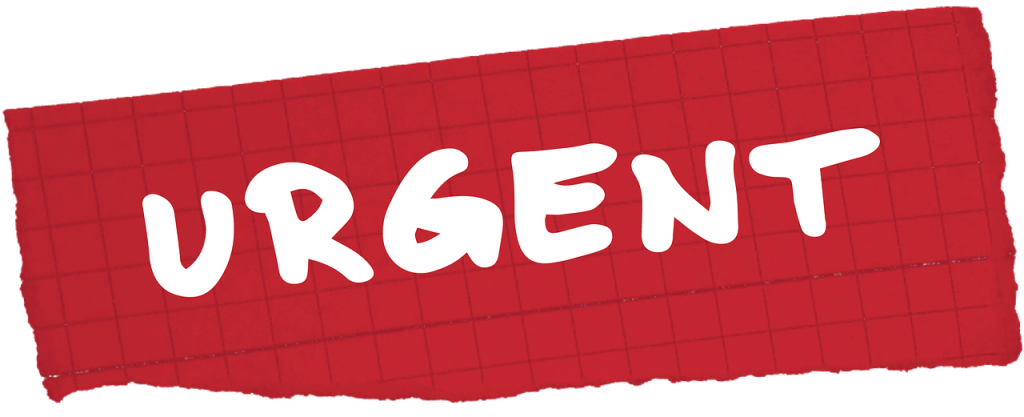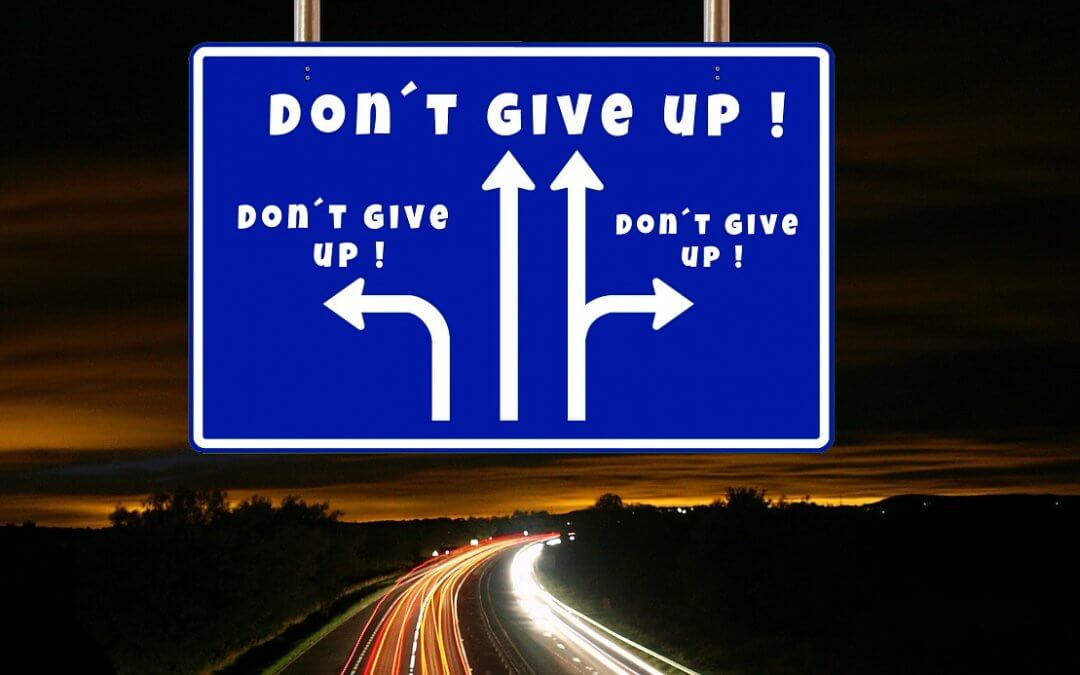There I sat. Midway airport in Chicago. Waiting for my TWICE DELAYED flight to be called to board.
I fired up my laptop and fired off a work email. Ate half the sandwich I’d packed. Walked around, visited the gate agent and scored a $100 voucher from the ordeal.
A nice gesture, but it didn’t come close to matching the level of frustration I’d been surfing.
On extremely short notice, I was leaving for Florida on an open-ended ticket. I wouldn’t be strolling the beaches and sunbathing.
On October 9 my mom, a vibrant, active, soon-to-be 79 year-old broke BOTH wrists when she fell off her bicycle. Two weeks later, she suffered a stroke.
Since mom has a ton of local friends but lives on her own, my sister and I arranged to head south separately to help out.
I went first, diving headlong into crisis mode.

To add another layer of challenge (for me, not her), I woke up my first day there with a raging upper respiratory infection. Lasting until mom was discharged a week later, it left me with just enough energy to drag myself to the hospital, and after 11 hours, back home to eat and fall into bed.
The good news? My sister is now on duty, and mom’s home and recovering. She has minimal residual effects of the stroke. They’ll likely resolve over time. We’re beyond grateful for a miraculous series of events that worked 100% in favor of her good outcome.
Her neurologist is linking the stroke to atrial fibrillation. Did you know you can be in AFib and NOT even know it? She’s proof. (Teaching moment #1)
You know how I always, always, always remind you about self-care? About doing the non-negotiable things that help you get through your day with energy, strength, stamina and resilience?
That’s not something I just give lip-service to. It’s what I live every day.
But a funny thing happened when I found myself outside my daily routine. In a different time zone. At the mercy of someone’s schedule other than my own. Fighting that raging upper respiratory infection. (Teaching moment #2)

My number one coping mechanism, my daily workout, the one that makes me feel ready to tackle ANYTHING?
It barely existed.
Normally, I get up super early to fit in my workout before my day starts. I hate the early hour, but love the results. And so, week in and week out, I do it.
Trouble was, I could barely pry myself out of bed to get to the hospital in time to meet the docs on their rounds. But I had to.
So how did I manage to keep my sh*t together?
By doing only what I could manage (light workouts and solid nutrition), letting a few things fall through the cracks (ummm, like work), reminding myself this was temporary (infections don’t last forever), whining to my husband (just kidding – I’m not a whiner.) (Teaching moment #3)
My dear readers, this experience made me think of all of you.
It made me think about how breast cancer patients find themselves in this position every, stinking day. Whether the result of a new diagnosis, active treatment, complications and/or metastatic breast cancer, there are times when you just can’t seem to find your way to doing the things that help you do the things you NEED to do.

So I thought I’d share what worked for me. Hopefully, these tactics will help you, too. Take what works, and leave the rest.
Tactic #1: Control what you can.
I wasn’t in charge of the aircraft OR a certain airline that drastically delayed me. Getting (and staying) worked up about it would not have made the plane appear at the gate any faster. I decided to be grateful one showed up at all.
Tactic #2: Exhaust all possibilities for a work-around.
Could I get a different flight? Switch airlines? Hitchhike?
Tactic #3: Save your energy for where it’s worth expending.
Even after I arrived in Florida that evening, I still had a long commute to where my mom lives. I had to get to the rehab facility. I had to get to her home and settle myself in. I needed to CONSERVE my energy, not spend it on pointless ranting and raving.
Tactic #4: Nutrition, exercise and sleep will save you.
Food: I went to the grocery store. Bought lots of fruits and veggies, canned beans, wheat crackers, tahini, peanut butter, English muffins, a couple of frozen “emergency” dinners. I never ate out. I never ate at the hospital cafeteria (bleh.)
Although I couldn’t really taste anything, I was hungry. Giving my body quality nutrition (and taking extra to my mom at the hospital) helped me (and her!) heal faster. My sister (a respiratory therapist who knows about such things) told me some people needed steroids and often more than two weeks to recover from this yuckiness. I didn’t have that kind of time! Mine was gone in 10 days.
Exercise: I did 10-15 minutes of core and light weights on the mornings I managed to get out of bed with a little extra time to spare. Was it my normal workout? Hell no! Did I feel better for moving? Hell yes! After mom came home, I started each morning at her onsite fitness center. It made me ready for the whirlwind that was every day. Helped my brain, my body, my attitude.
Sleep: Although exhausted, I sometimes couldn’t get to sleep because my mind was racing. But I always went to bed early – the rest helped – even when I didn’t fall asleep right away. I read or journaled when I couldn’t sleep; helped me process and think about something else.


